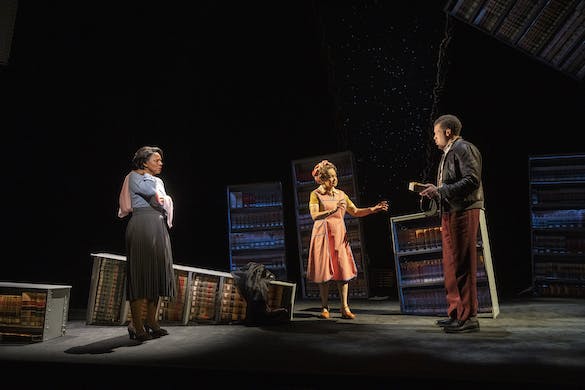
The GOP Will Beat History in the Midterms by Sticking to Its America-First Values
By LAWRENCE KUDLOW
|The surrealistic nature of much of Adrienne Kennedy’s writing, plus her race and gender, may have factored into the long wait, but it hasn’t softened the punch of her ‘Ohio State Murders.’

Already have a subscription? Sign in to continue reading
$0.01/day for 60 days
Cancel anytime
By continuing you agree to our Privacy Policy and Terms of Service.

By LAWRENCE KUDLOW
|
By MATTHEW RICE
|
By LUKE FUNK
|
By THE NEW YORK SUN
|
By BENNY AVNI
|
By JULIE BURCHILL
|
By MATTHEW RICE
|
By BRADLEY CORTRIGHT
|